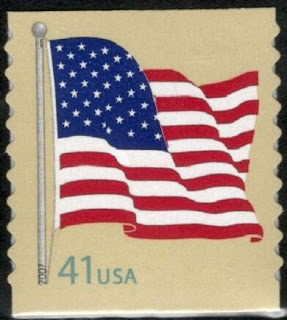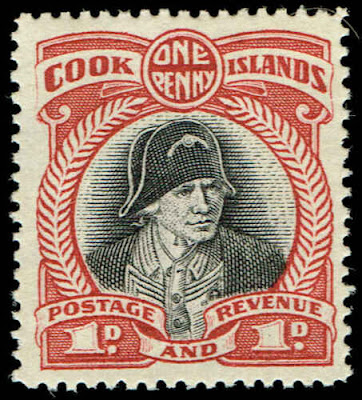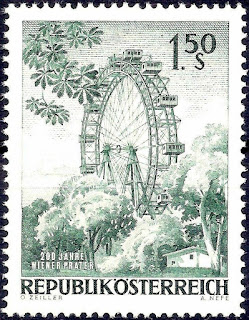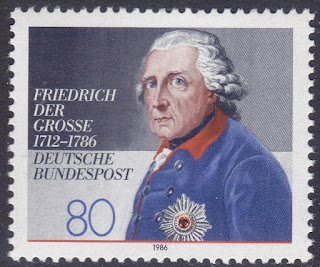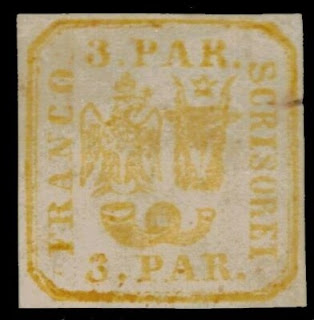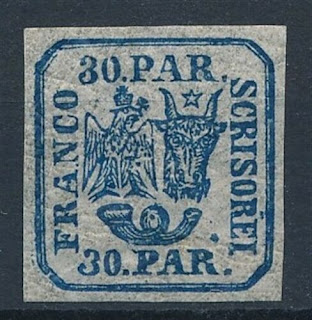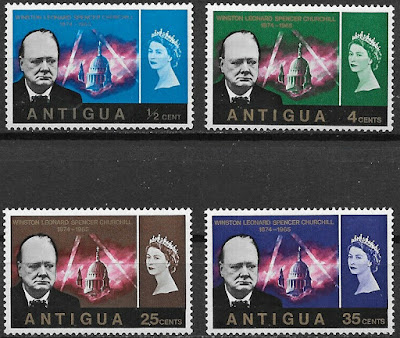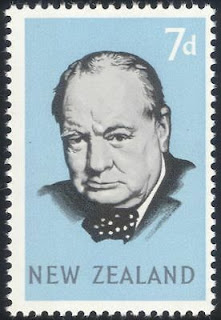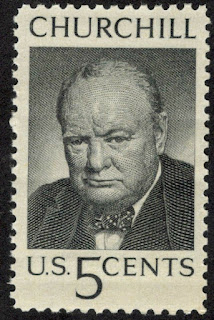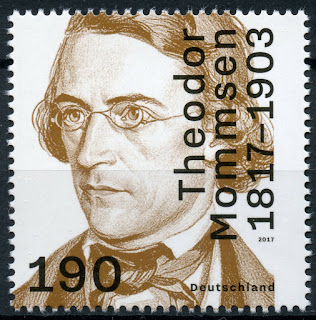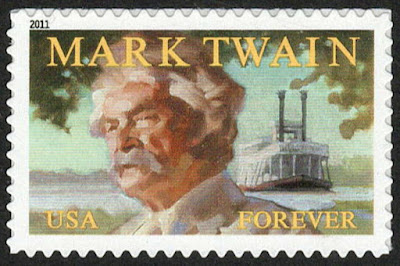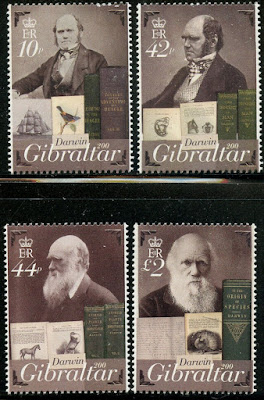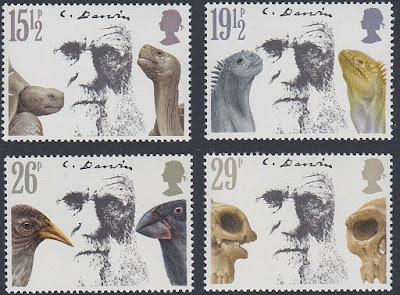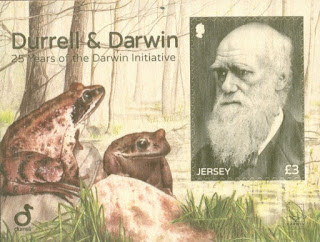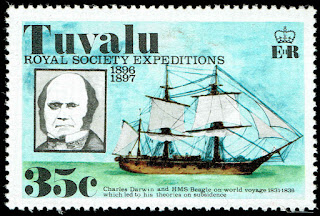Here are some events that happened on February 14th. It could be an event or a person that died or was born on that day
1778 – The United States flag is formally recognized by a foreign naval vessel for the first time, when French Admiral Toussaint-Guillaume Picquet de la Motte renders a nine gun salute to USS Ranger, commanded by John Paul Jones.
The flag of the United States of America, often referred to as the American flag or the U.S. flag, is the national flag of the United States. It consists of thirteen equal horizontal stripes of red (top and bottom) alternating with white, with a blue rectangle in the canton (referred to specifically as the "union") bearing fifty small, white, five-pointed stars arranged in nine offset horizontal rows, where rows of six stars (top and bottom) alternate with rows of five stars. The 50 stars on the flag represent the 50 states of the United States of America, and the 13 stripes represent the thirteen British colonies that declared independence from the Kingdom of Great Britain, and became the first states in the U.S. Nicknames for the flag include the Stars and Stripes, Old Glory, and the Star-Spangled Banner.
US stamps depicting the US flag
1779 Died: James Cook, English captain, cartographer, and explorer (b. 1728)
1859 – Oregon is admitted as the 33rd U.S. state.
Oregon is a state in the Pacific Northwest region on the West Coast of the United States. The Columbia River delineates much of Oregon's northern boundary with Washington, while the Snake River delineates much of its eastern boundary with Idaho. The 42° north parallel delineates the southern boundary with California and Nevada.
Oregon has been home to many Indigenous nations for thousands of years. The first European traders, explorers, and settlers began exploring what is now Oregon's Pacific coast in the early-mid 1500s. As early as 1565, the Spanish began sending vessels northeast from the Philippines, riding the Kuroshio Current in a sweeping circular route across the northern part of the Pacific. In 1592, Juan de Fuca undertook detailed mapping and studies of ocean currents in the Pacific Northwest, including the Oregon coast as well as the strait now bearing his name. Spanish ships – 250 in as many years – would typically not land before reaching Cape Mendocino in California, but some landed or wrecked in what is now Oregon. Nehalem tales recount strangers and the discovery of items like chunks of beeswax and a lidded silver vase, likely connected to the 1707 wreck of the San Francisco Xavier.
In 1843, an autonomous government was formed in the Oregon Country, and the Oregon Territory was created in 1848. Oregon became the 33rd state of the U.S. on February 14, 1859. Today, with 4 million people over 98,000 square miles (250,000 km2), Oregon is the ninth largest and 27th most populous U.S. state. The capital, Salem, is the second-most populous city in Oregon, with 169,798 residents. Portland, with 647,805, ranks as the 26th among U.S. cities. The Portland metropolitan area, which also includes the city of Vancouver, Washington, to the north, ranks the 25th largest metro area in the nation, with a population of 2,453,168.
Oregon is one of the most geographically diverse states in the U.S., marked by volcanoes, abundant bodies of water, dense evergreen and mixed forests, as well as high deserts and semi-arid shrublands. At 11,249 feet (3,429 m), Mount Hood, a stratovolcano, is the state's highest point. Oregon's only national park, Crater Lake National Park, comprises the caldera surrounding Crater Lake, the deepest lake in the United States. The state is also home to the single largest organism in the world, Armillaria ostoyae, a fungus that runs beneath 2,200 acres (8.9 km2) of the Malheur National Forest.
Because of its diverse landscapes and waterways, Oregon's economy is largely powered by various forms of agriculture, fishing, and hydroelectric power. Oregon is also the top timber producer of the contiguous United States, and the timber industry dominated the state's economy in the 20th century. Technology is another one of Oregon's major economic forces, beginning in the 1970s with the establishment of the Silicon Forest and the expansion of Tektronix and Intel. Sportswear company Nike, Inc., headquartered in Beaverton, is the state's largest public corporation with an annual revenue of $30.6 billion.
US stamps issued to commemorate Oregon statehood
1859 Born: George Washington Gale Ferris Jr., American engineer, inventor of the Ferris wheel (d. 1896)
George Washington Gale Ferris Jr. (February 14, 1859 – November 22, 1896) was an American civil engineer. He is mostly known for creating the original Ferris Wheel for the 1893 Chicago World's Columbian Exposition.
News of the World's Columbian Exposition to be held in 1893, in Chicago, Illinois, drew Ferris to the city. In 1891, the directors of the World's Columbian Exposition issued a challenge to American engineers to conceive of a monument for the fair that would surpass the Eiffel Tower, the great structure of the Paris International Exposition of 1889. The planners wanted something "original, daring and unique." Ferris responded with a proposed wheel from which visitors would be able to view the entire exhibition, a wheel that would "Out-Eiffel Eiffel." The planners feared his design for a rotating wheel towering over the grounds could not possibly be safe.
Ferris persisted. He returned in a few weeks with several respectable endorsements from established engineers, and the committee agreed to allow construction to begin. Most convincingly, he had recruited several local investors to cover the $400,000 cost of construction. The planning commission of the Exposition hoped that admissions from the Ferris Wheel would pull the fair out of debt and eventually make it profitable.
The Ferris Wheel had 36 cars, each fitted with 40 revolving chairs and able to accommodate up to 60 people, giving a total capacity of 2,160. When the fair opened, it carried some 38,000 passengers daily, taking 20 minutes to complete two revolutions, the first involving six stops to allow passengers to exit and enter and the second a nine-minute non-stop rotation, for which the ticket holder paid 50 cents. It carried 2.5 million passengers before it was finally demolished in 1906.
After the fair closed, Ferris claimed that the exhibition management had robbed him and his investors of their portion of the nearly $750,000 profit that his wheel brought in. He spent the next two years in litigation.
Stamps depicting the Ferris Wheel
1891 Died: William Tecumseh Sherman, American general (b. 1820)
William Tecumseh Sherman (February 8, 1820 – February 14, 1891) was an American soldier, businessman, educator, and author. He served as a general in the Union Army during the American Civil War (1861–1865), receiving recognition for his command of military strategy as well as criticism for the harshness of the scorched earth policies he implemented in conducting total war against the Confederate States. British military theorist and historian B. H. Liddell Hart declared that Sherman was "the first modern general".
Born in Ohio to a politically prominent family, Sherman graduated in 1840 from the United States Military Academy at West Point. He interrupted his military career in 1853 to pursue private business ventures, and at the outbreak of the Civil War he was superintendent of the Louisiana State Seminary of Learning & Military Academy (now Louisiana State University). Sherman distinguished himself at the First Battle of Bull Run in 1861, before being transferred to the Western Theater. Stationed in Kentucky, his pessimism about the outlook of the war led to a nervous breakdown that required him to be briefly put on leave. He recovered by forging a close partnership with General Ulysses S. Grant. Sherman served under Grant in 1862 and 1863 during the battles of forts Henry and Donelson, the Battle of Shiloh, the campaigns that led to the fall of the Confederate stronghold of Vicksburg on the Mississippi River, as well as the Chattanooga Campaign that culminated with the routing of the Confederate armies in the state of Tennessee.
In 1864, Sherman succeeded Grant as the Union commander in the Western Theater. Sherman then led the capture of the strategic city of Atlanta, a military success that contributed to the re-election of President Abraham Lincoln. Sherman's subsequent march through Georgia and the Carolinas involved little fighting but large-scale destruction of cotton plantations and other infrastructure, a systematic policy intended to undermine the ability and willingness of the Confederacy to continue fighting. Sherman accepted the surrender of all the Confederate armies in the Carolinas, Georgia, and Florida in April 1865, but the terms that he negotiated were considered too lenient by US Secretary of War Edwin Stanton, who ordered General Grant to modify them.
When Grant became president of the United States in March 1869, Sherman succeeded him as Commanding General of the Army. Sherman served in that capacity from 1869 until 1883 and was responsible for the U.S. Army's engagement in the Indian Wars during that period. He steadfastly refused to be drawn into politics and in 1875 published his Memoirs, one of the best-known first-hand accounts of the Civil War.
US stamps depicting William Tecumseh Sherman
1912 – Arizona is admitted as the 48th and the last contiguous U.S. state.
Arizona is a state in the southwestern region of the United States. It is also part of the Western and the Mountain states. It is the 6th largest and the 14th most populous of the 50 states. Its capital and largest city is Phoenix. Arizona shares the Four Corners region with Utah, Colorado, and New Mexico; its other neighboring states are Nevada and California to the west and the Mexican states of Sonora and Baja California to the south and southwest.
Arizona is the 48th state and last of the contiguous states to be admitted to the Union, achieving statehood on February 14, 1912. Historically part of the territory of Alta California in New Spain, it became part of independent Mexico in 1821. After being defeated in the Mexican–American War, Mexico ceded much of this territory to the United States in 1848. The southernmost portion of the state was acquired in 1853 through the Gadsden Purchase.
Southern Arizona is known for its desert climate, with very hot summers and mild winters. Northern Arizona features forests of pine, Douglas fir, and spruce trees; the Colorado Plateau; mountain ranges (such as the San Francisco Mountains); as well as large, deep canyons, with much more moderate summer temperatures and significant winter snowfalls. There are ski resorts in the areas of Flagstaff, Alpine, and Tucson. In addition to the internationally known Grand Canyon National Park, which is one of the world's seven natural wonders, there are several national forests, national parks, and national monuments.
About one-quarter of the state is made up of Indian reservations that serve as the home of 27 federally recognized Native American tribes, including the Navajo Nation, the largest in the state and the United States, with more than 300,000 citizens. Although federal law gave all Native Americans U.S. citizenship (and thereby the right to vote) in 1924, Arizona excluded those living on reservations in the state from voting until the state Supreme Court ruled in favor of Native American plaintiffs in Trujillo v. Garley (1948).
US stamps issued to commemorate Arizona statehood
